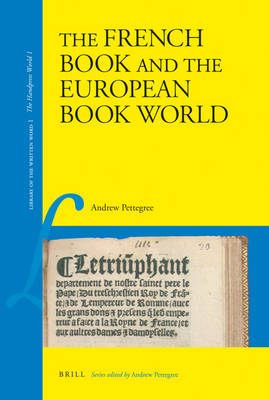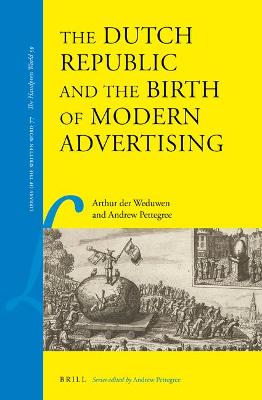Library of the Written Word - the Handpress World
2 primary works • 3 total works
Book 1
This work offers a series of linked studies of European print culture in the sixteenth century, focusing particularly on France and the regional, provincial experience of print. France, in the sixteenth century, was one of the great centres of the European publishing industry. But in the second half of the century the established dominance of Paris and Lyon was increasingly challenged by other new printing centres, stimulated in part by the religious and political crisis of the French Wars of Religion. Drawing on the data collected by the St Andrews French book project, the author reconstructs the enigmatic history of a number of previously unstudied printers. The focus throughout is on popular print, and the growth of mass market for news, entertainment and religious instruction.
Customers interested in this title may also be interested in French Vernacular Books, edited by Andrew Pettegree, Malcolm Walsby and Alexander Wilkinson.
Customers interested in this title may also be interested in French Vernacular Books, edited by Andrew Pettegree, Malcolm Walsby and Alexander Wilkinson.
Book 77
The Dutch Republic and the Birth of Modern Advertising
by Arthur Weduwen and Andrew Pettegree
Published 16 December 2019
With the birth of a serial press in the seventeenth century, the introduction of paid advertising was the most crucial step in pointing the newspaper industry towards a sustainable future. Here, as in so much else, the laboratory of invention was the seventeenth-century Dutch Republic. In this study, based on an exhaustive examination of the first six thousand advertisements placed in Dutch newspapers between 1620 and 1675, Arthur der Weduwen and Andrew Pettegree chart the growth of advertising from an adjunct to the book industry, advertising newly published titles, to a broad reflection of a burgeoning consumer society. Businesses and private citizens used the newspapers to offer a wide range of goods and services, publicise new inventions, or appeal for help in recovering lost and stolen goods, pets or children. In these evocative, colourful and sometimes deeply moving notices, we see the beginnings of marketing strategies that would characterise the advertising world over the following centuries, and into the modern era.
Dutch and Flemish Newspapers of the Seventeenth Century, 1618-1700 (2 Vols.)
by Arthur Weduwen
Published 6 November 2017


